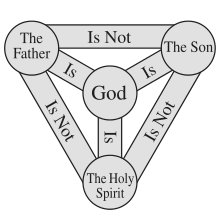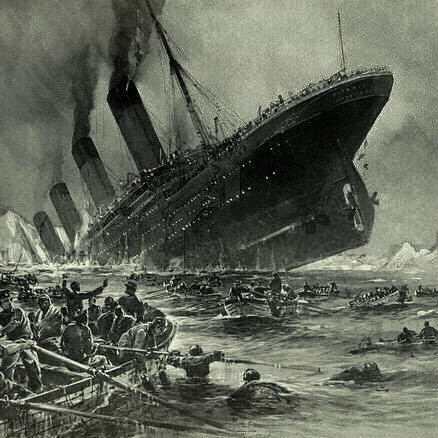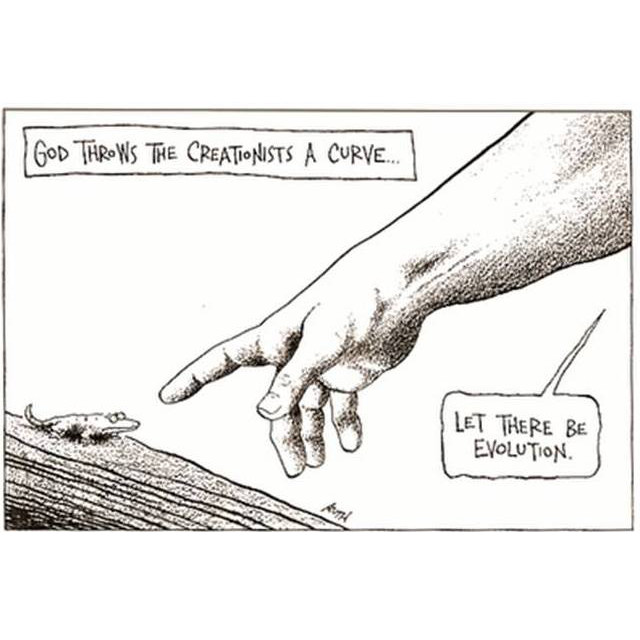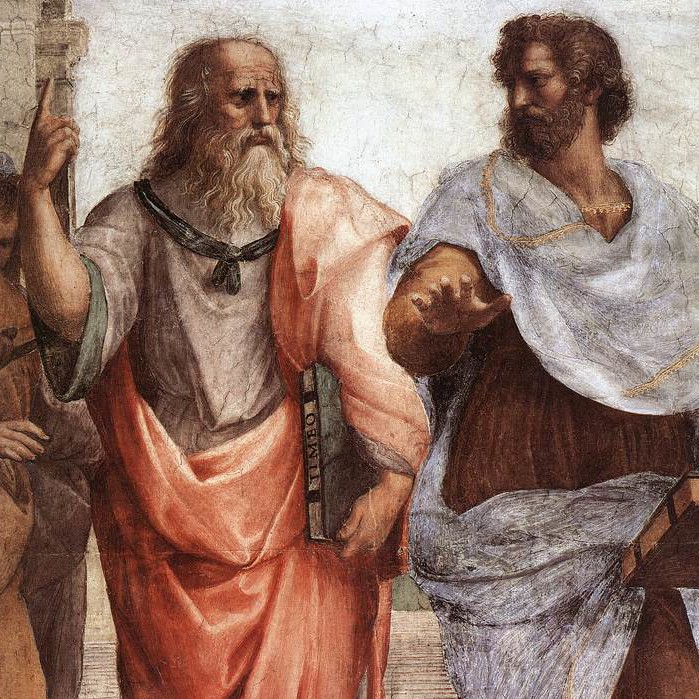In the United States, for a reason that is incomprehensible to me, Evangelical Christianity has become associated with strong political stances on a number of issues. Some of these stances, like abortion, make sense, but others, notably environmental issues and the perception that Christians are out to exploit and destroy nature, have nothing to do at all with the Christian message. So, politics aside, what is the real Christian response to climate change and other environmental issues? Specifically, what is the biblical response to these issues?
First, it is worthwhile to note that Christians have thought about these issues for centuries. All too often we assume that we are the first generation to ask important questions and we ignore the historic answers to the question. A number of historic Christians have put forth answers to the question of how Christians should relate to nature.
Historical Answers
St. Francis of Asisi

Perhaps the first Christian to make nature a central part of his teaching is St. Francis of Asisi who had a great love for nature, and preached that man ought to care for and protect nature as God’s appointed stewards of creation.
John Calvin

In his commentary on Genesis, the famous reformer, John Calvin interprets the command to have dominion over the earth as “responsible care and keeping that does not neglect, injure, abuse, degrade, dissipate, corrupt, mar, or ruin the earth.”
Francis Schaeffer

Even Francis Schaeffer, the famous evangelist and apologist of the twentieth century had something to say about the environment. Schaeffer wrote a book entitled Pollution and the Death of Man: The Christian View of Ecology in which he asserted that Christians have a God given responsibility to care for nature and all of its creatures.
Wordly Positions
In the wider culture, care for the environment is justified in one of two ways:
- Pragmatism/consequentialism: Care for the environment ultimately benefits mankind and is necessary for our survival
- Intrinsic good: All nature has intrinsic value, all natural things are equally valuable, therefore we should value nature just as much as we value people
However, neither of these positions justify a robust and reasonable care for both people and the environment. The pragmatic view does not actually value nature itself, and actually invites exploitation of nature, as long as it will benefit mankind long term. That is, as long as a destructive act does not endanger humanity, it is not morally objectionable. Therefore this view does not produce a robust care for the environment. The view that nature is intrinsically valuable without a theistic foundation, however, fails to adequately care for people. By giving each and every part of nature equal, and perhaps even greater, value than human life, this view can justify all sorts of human injustices. For example, on this view since humans are no more valuable than anything else, stepping on a worm farm could legitimately be a capital offense. Furthermore, without a theistic basis, the question of intrinsic value is completely unjustified. Without theism, all of nature would have equal value, namely no value at all.
The Christian Position
The Bible has several things to say about our relationship to the rest of creation:
- Genesis 2:15 gives all people responsibility for the state of the environment; It is our domain, but it does not belong to us.
- Genesis 1 says that creation is “good.”
- Genesis 1 says that man is “very good”
- Romans 8:22 says that all of creation groans as a result of the fall of man.
Summary of the biblical data:
- God created nature, so it has intrinsic value
- God entrusted nature into the care of mankind
- Human beings have greater value as image bearers of God than other natural things
Remember the parable of the talents from Matthew 25?
14 “For it will be like a man going on a journey, who called his servantsa] and entrusted to them his property. 15 To one he gave five talents,b] to another two, to another one, to each according to his ability. Then he went away. 16 He who had received the five talents went at once and traded with them, and he made five talents more. 17 So also he who had the two talents made two talents more. 18 But he who had received the one talent went and dug in the ground and hid his master’s money. 19 Now after a long time the master of those servants came and settled accounts with them. 20 And he who had received the five talents came forward, bringing five talents more, saying, ‘Master, you delivered to me five talents; here I have made five talents more.’ 21 His master said to him, ‘Well done, good and faithful servant.c] You have been faithful over a little; I will set you over much. Enter into the joy of your master.’ 22 And he also who had the two talents came forward, saying, ‘Master, you delivered to me two talents; here I have made two talents more.’ 23 His master said to him, ‘Well done, good and faithful servant. You have been faithful over a little; I will set you over much. Enter into the joy of your master.’ 24 He also who had received the one talent came forward, saying, ‘Master, I knew you to be a hard man, reaping where you did not sow, and gathering where you scattered no seed, 25 so I was afraid, and I went and hid your talent in the ground. Here you have what is yours.’ 26 But his master answered him, ‘You wicked and slothful servant! You knew that I reap where I have not sown and gather where I scattered no seed? 27 Then you ought to have invested my money with the bankers, and at my coming I should have received what was my own with interest. 28 So take the talent from him and give it to him who has the ten talents. 29 For to everyone who has will more be given, and he will have an abundance. But from the one who has not, even what he has will be taken away. 30 And cast the worthless servant into the outer darkness. In that place there will be weeping and gnashing of teeth.’
So does the Christian view provide a robust justification for both caring for the environment and caring for people? It provides both justification for placing a high value on human life and preventing human injustices, but it also provides us a strong justification to take great care with the environment. Nature was entrusted into our care by God, and He expects us to care for it and cultivate it and eventually we will be called to account for our use of what has been given us.
References and Resources:
- St Francis https://en.wikipedia.org/wiki/Francis_of_Assisi
- John Calvin, commentary on Genesis 2:15 in Commentaries on the First Book of Moses Called Genesis (Grand Rapids: 1948).This teaching is strongly reinforced by Revelation 11:18: “The time has come…for destroying those who destroy the earth.” This definition, interestingly, is the first definition of “economy” in Webster’s Third New International Dictionary of the English Language Unabridged (Springfield, MA: Merriam-Webster, 1981).
- Francis Schaeffer, Pollution and the Death of Man: The Christian View of Ecology (Wheaton, IL: Tyndale House, 1970), 72.
- http://www.equip.org/article/christians-and-the-environment-how-should-christians-think-about-the-environment/
- http://www.geneva.edu/community/environmental-stewardship/why_care
- Calvin DeWitt




